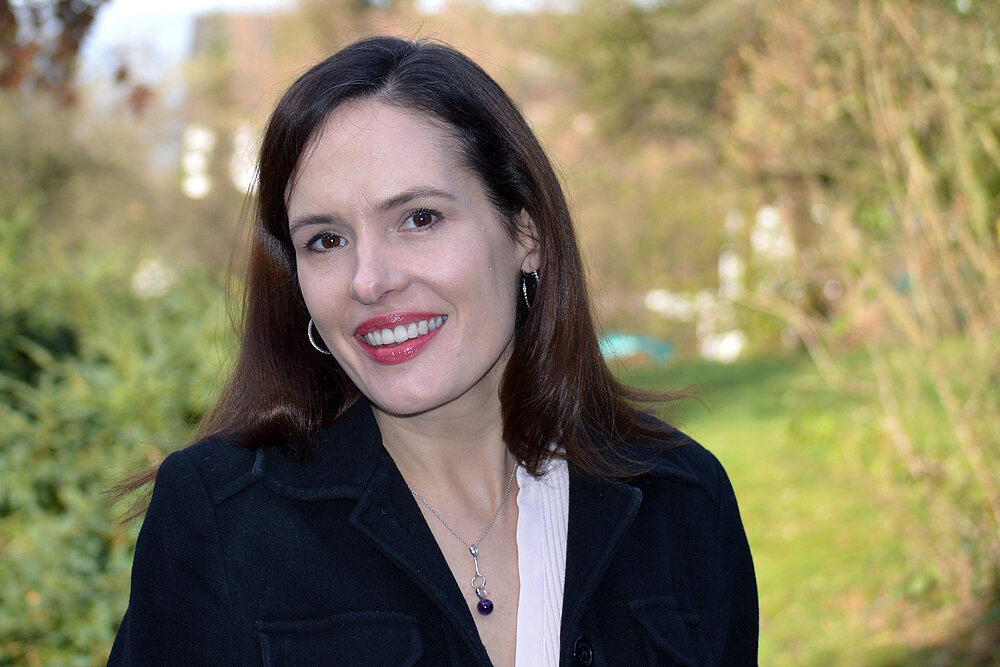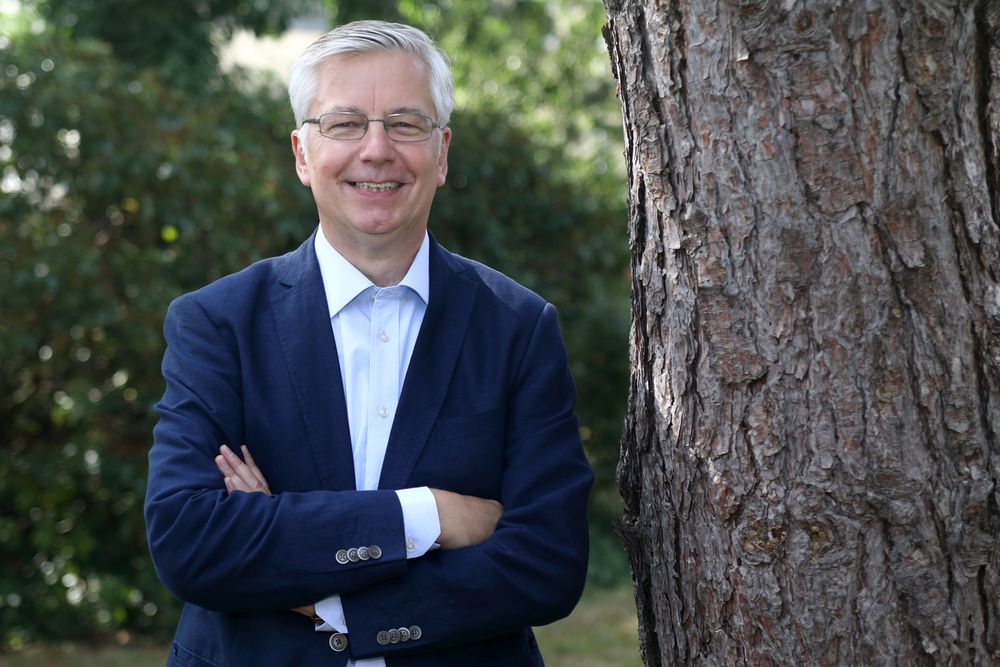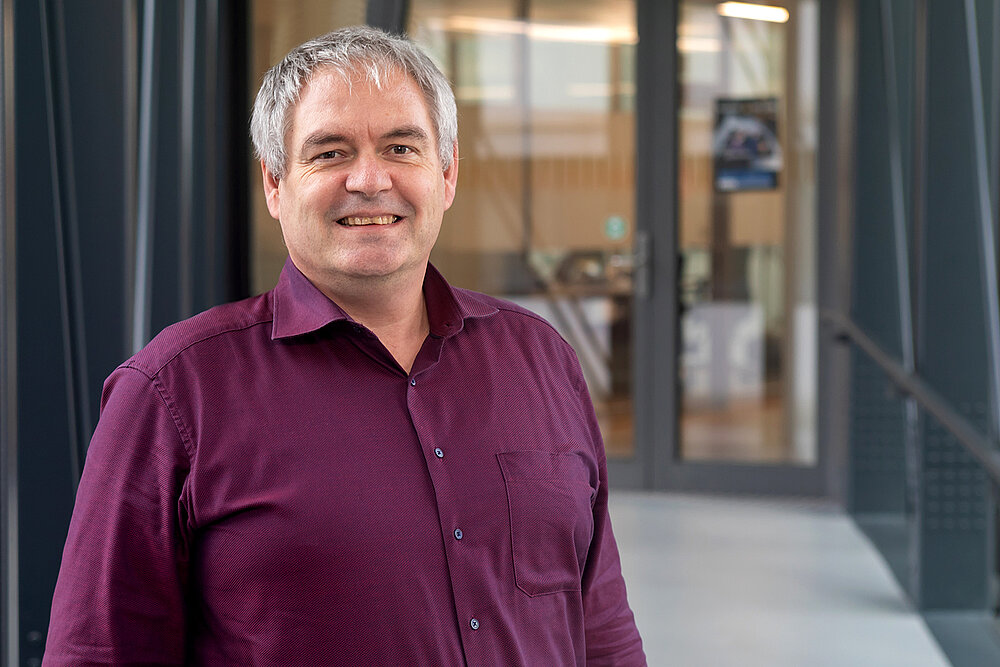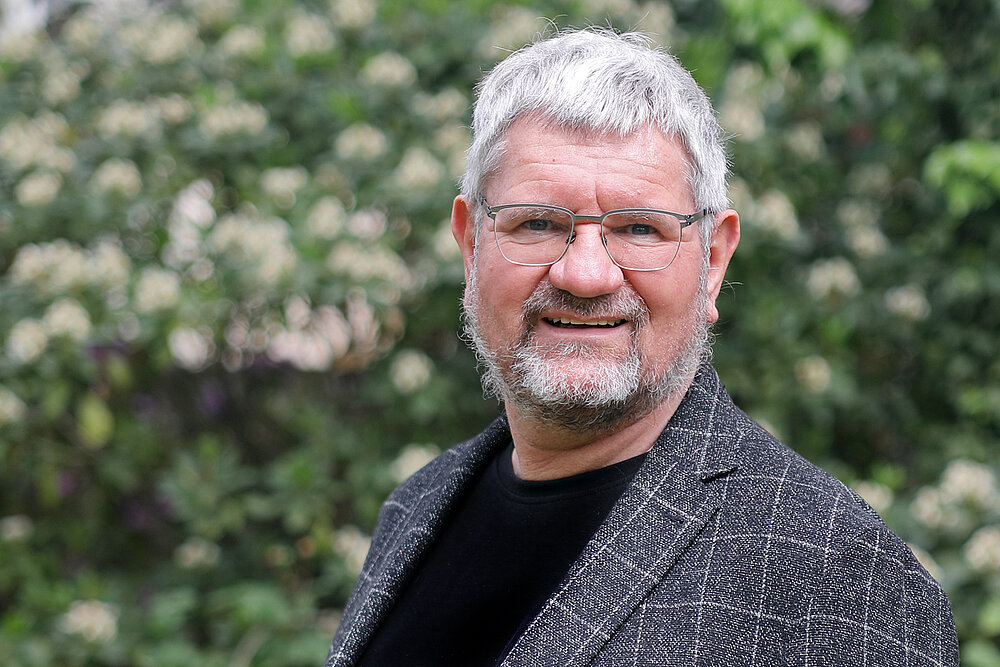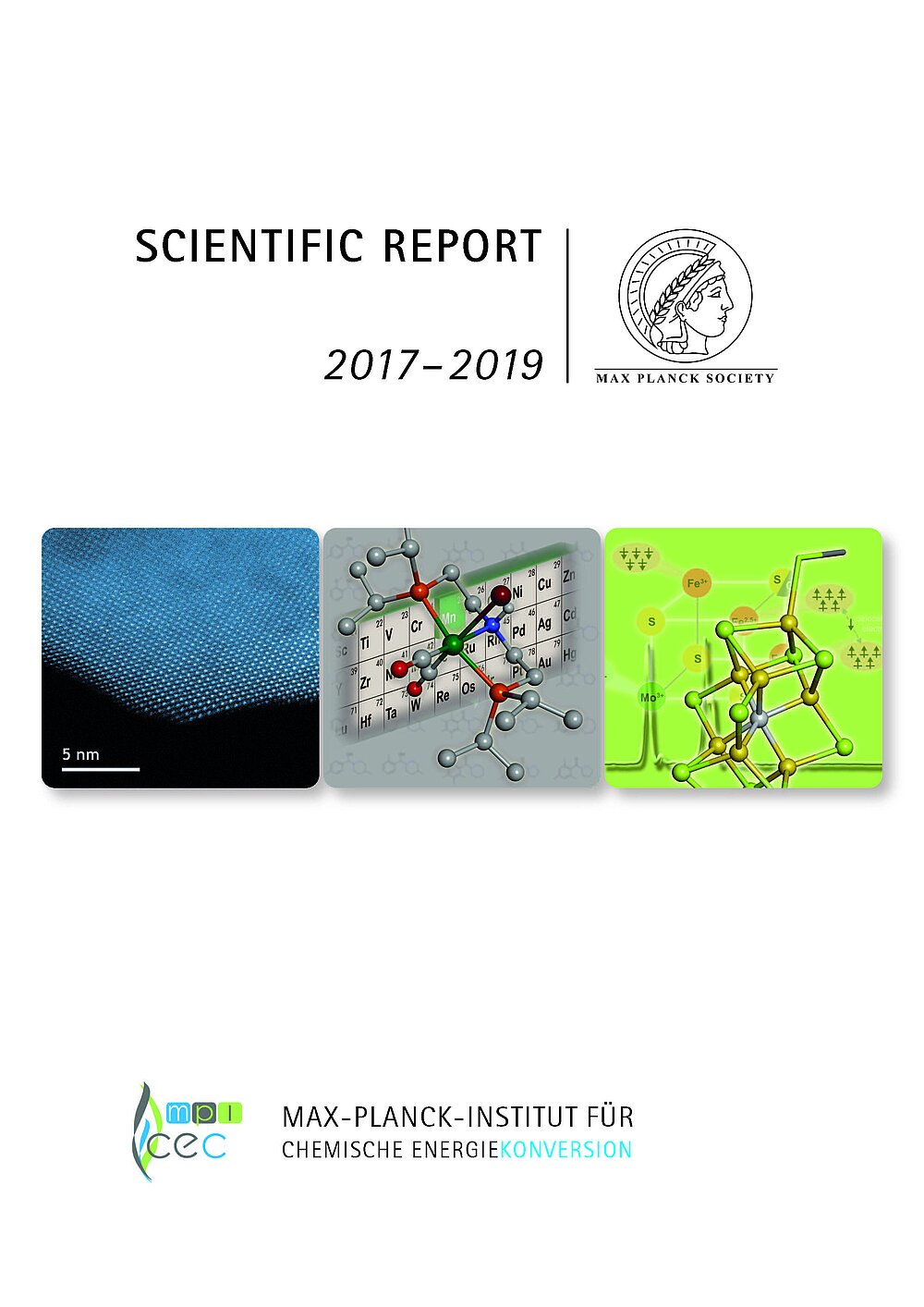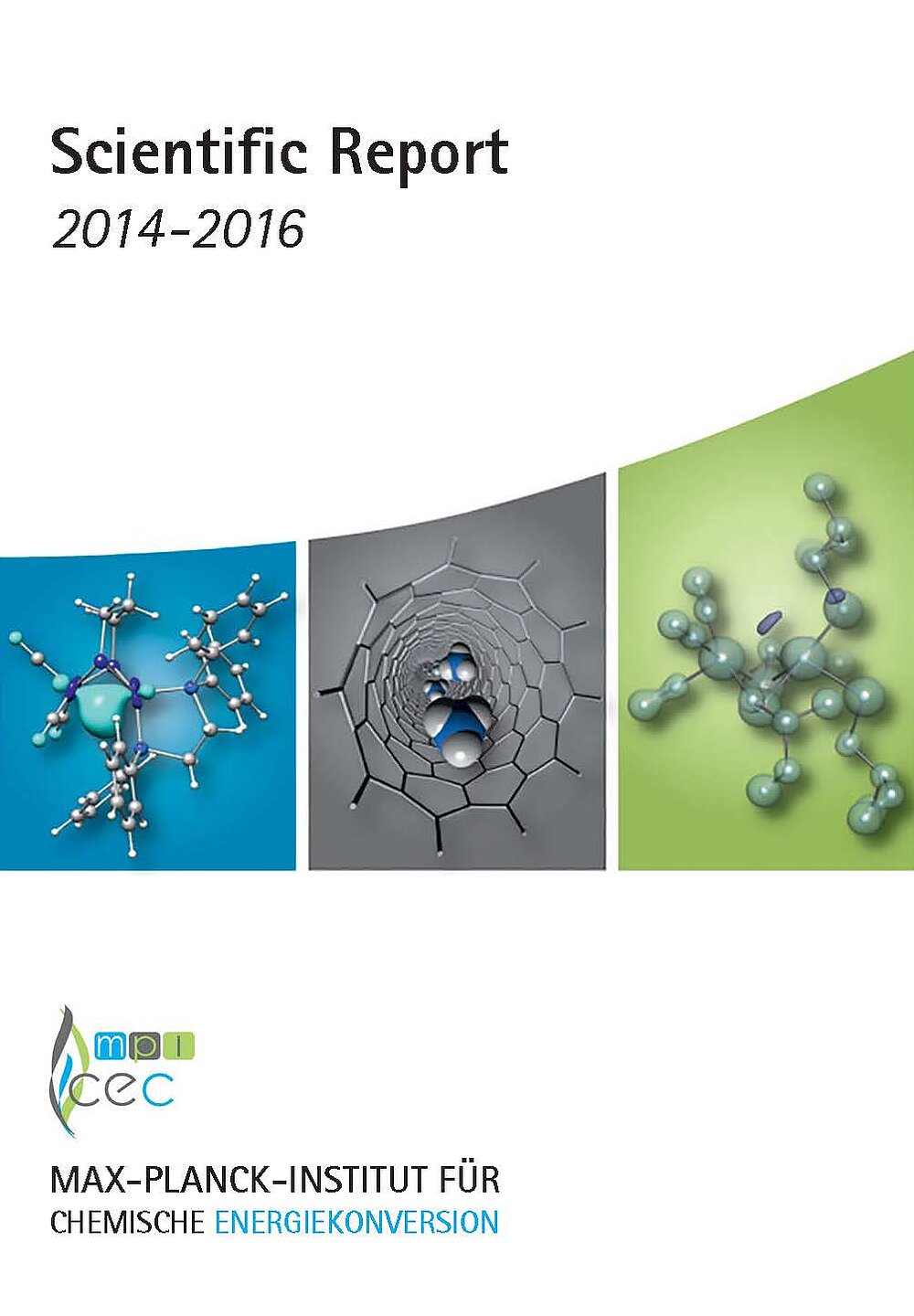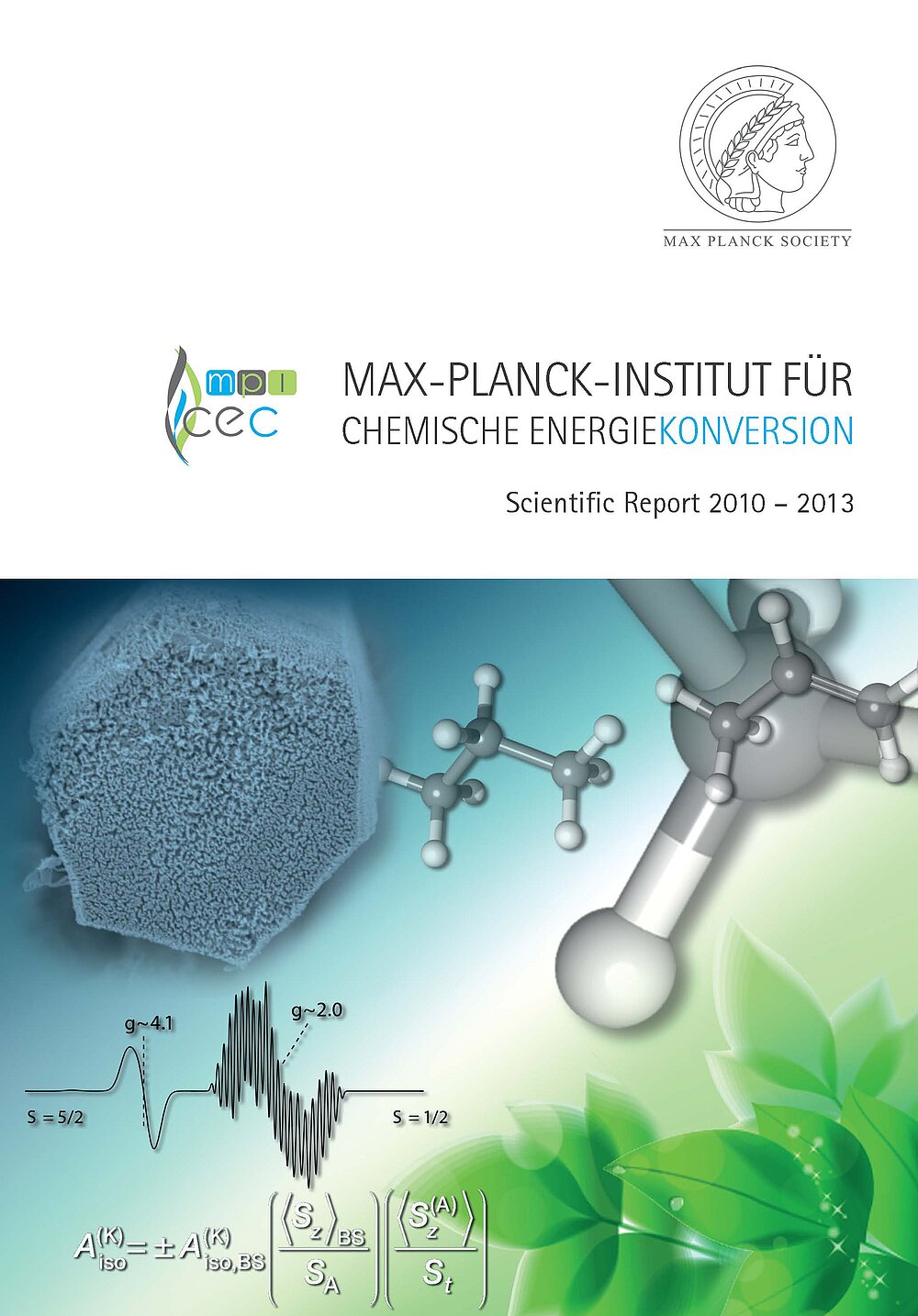Board of Directors
Prof. Dr. Walter Leitner
Managing Director
Molecular Catalysis
Prof. Dr. Robert Schlögl (Emeritus)
Director
Heterogeneous Reactions
The MPI CEC
The MPI CEC was newly founded in 2012 and the research work was focused on the topic of energy conversion. Our scientists are concerned with the fundamental processes involved in the storage and conversion of energy.
- 3 Research Departments: The common objective of the institute is approached in an interdisciplinary manner by currently three research departments.
- Ca. 400 Employees: About 400 people, i.e. scientific staff, technical, service and administrative staff, apprentices, trainees and scientific assistants, are employed at the institute.
- Internationality: Scientists from more than 50 different nations are working at the MPI CEC. More than 35% of people working at MPI CEC are from outside Germany
Board of Trustees
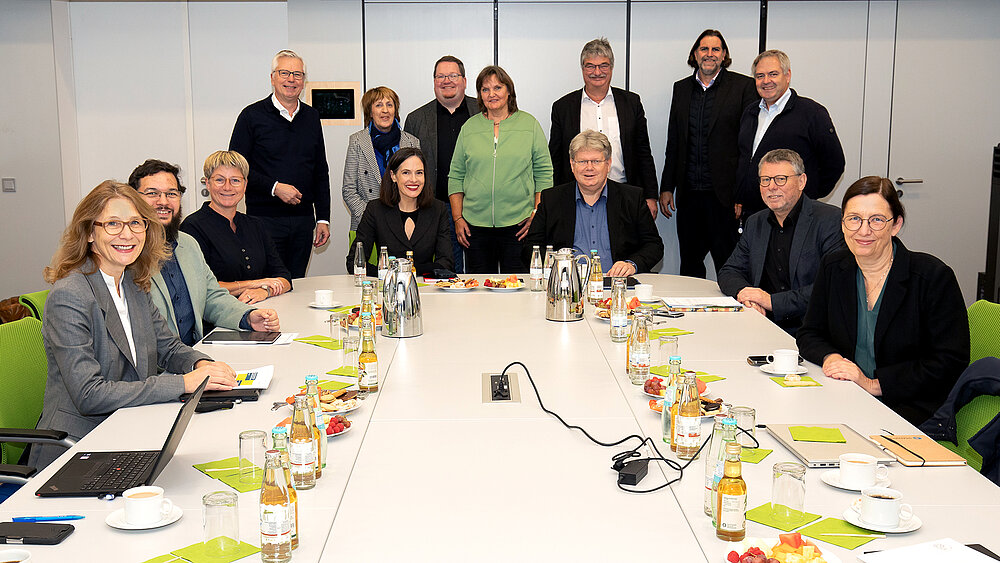
FLTR:Simone Schwanitz, Walid Hetaba, Andrea Kienle, Walter Leitner, Helga Oppenberg, Serena DeBeer, Christoph Freudenhammer, Marion Tiedtke, Arndt Neuhaus, Maximilian Fleischer, Andreas Löschel, Siegfried R. Waldvogel, Görge Deerberg, Barbara Albert
The Max Planck Institute for Chemical Energy Conversion and the Max Planck Society aim at fostering the dialogue between research and general public. Therefore, the Max Planck Society installed Boards of Trustees that help achieving this goal. The Board of Trustees is composed of members of the Max Planck Society and key players from politics, commerce, science and media. They are nominated for six years by the President of the Max Planck Society at the proposal of the respective institute's management. The number of board members depends on the size of the institute. All members acknowledge the value of research in Germany and the autonomy of science and perform their tasks on an honorary basis.
The Board of Trustees meets once a year with the MPI CEC's Executive Board to gain information about developments at the institute and the Max Planck Society. Based on their outstanding expertise, the members advise the MPI CEC in regard to social and research policy issues as well as public relations work.
Members
- Barbara Albert, Rektorin Universität Duisburg-Essen
- Marc Buchholz, Oberbürgermeister Stadt Mülheim an der Ruhr
- Görge Deerberg, Direktor Transfer Fraunhofer-Institut für Umwelt-, Sicherheits- und Energietechnik UMSICHT
- Maximilian Fleischer, Chief Expert Energy Technologies, Siemens Energy
- Monika Griefahn, Geschäftsführerin instiut für medien umwelt kultur
- Thomas Grünewald, Präsident Hochschule Niederrhein
- Paul Frederik Höller, Staatssekretär Ministerium für Wirtschaft, Industrie, Klimaschutz und Energie des Landes Nordrhein-Westfalen
- Andrea Kienle, Abteilungsleiterin Forschung, Ministerium für Kultur und Wissenschaft des Landes Nordrhein-Westfalen
- Andreas Löschel, Umwelt- / Ressourcenökonomik und Nachhaltigkeit, Ruhr-Universität Bochum
- Günther Meschke, Prorektor Forschung und Transfer, Ruhr-Universität Bochum
- Dagmar Mühlenfeld, Oberbürgermeisterin i.R. Mülheim an der Ruhr
- Arndt Neuhaus, Geschäftsführer Unternehmensberatung ANVIG GmbH, Vorsitzender des Kuratoriums des MPI CEC
- Katharina Reiche, Vorstandsvorsitzende Westenergie AG
- Sabine Verheyen, Vizepräsidentin des Europäischen Parlaments
- Matthias Wessling, Prorektor Forschung und Struktur, RWTH Aachen
Advisory Board
Basic research at the highest level: this is the goal pursued by the Max Planck Society (MPS) and thus by every single Max Planck Institute. Basic research that is prospective as well as efficient are the milestones for excellent research at the Max Planck Institutes. The demand for efficiency is further enhanced by the fact that the MPS and the individual MPIs are financed by public funds. Out of this special responsibility for transparency, but also due to its own claim to excellence, the MPS has founded the evaluation body " Scientific Advisory Board" and anchored it in its statutes as a permanent body.
Composition of the Advisory Board
The Scientific Advisory Board is compulsory for every Max Planck Institute. Until the committee can hold its first meeting, some organizational work needs to be done for the appointment of the memerbs. The institutes identify renowned international experts in the relevant research areas. The institutes then propose several experts as committee members for each vacant position on the Advisory Board. After detailed discussion and possibly further proposals, the Vice President sends his list of recommendations to the President of the MPG. Based on these recommendations, the President nominates the members of the Advisory Board for the respective institute. The members perform their duties on an honorary basis.
In order to achieve rotation within the committee, members are appointed for a maximum of six years. Half of the board will be replaced after three years in order to introduce new momentum. An exchange between experienced and new members is consistently encouraged.
Tasks
Recommendations on organization and resources, as well as the reorientation or change of institute activities - these are the main tasks of the Advisory Board. In order to implement these recommendations and appraisals, the members of the Advisory Board meet every two years for several days directly on site to inform themselves about research in the respective institute. In preparation and as a basis for the on-site evaluation, the board members receive a written research report from the institute. This report provides information about:
- Structure and organization of the institute
- The institute's research program and its departments
- Personnel structure, budget, etc.
Board members are provided with further information on-site through lectures, discussions and poster exhibitions presented by the respective scientists. Following this evaluation, the Advisory Board writes a corresponding report. Results and evaluations are summarized and recommendations and advice are given. The report is addressed to the President of the MPS. The institutes receive the report for comment and for the implementation of the measures by the President. In this way, the efficiency and excellence of basic research is regularly put to the test and transparency is established.
Scientific Report 2017-2019
Mülheim, Juli 2020
Scientific Report 2014-2016
Mülheim, März 2017
Scientific Report 2010-2013
Mülheim, Februar 2014

